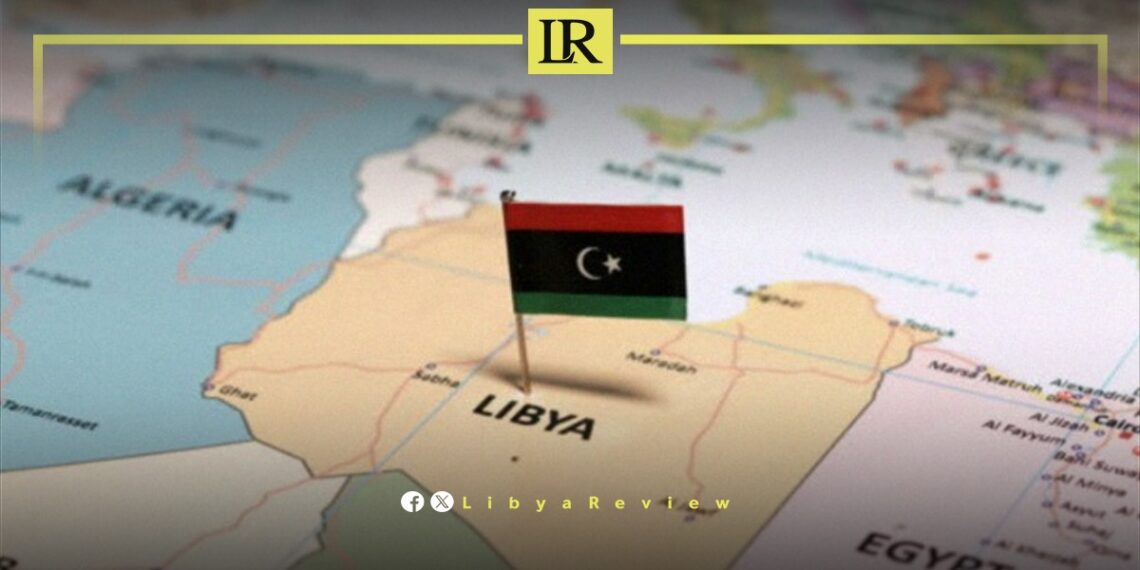Libya remains one of the most corrupt countries in the world, according to the 2024 Corruption Perceptions Index (CPI) released by Transparency International. The country ranked 173rd out of 180, scoring 13 out of 100, reflecting a significant decline of 5 points from the previous year.
The CPI measures perceived corruption in the public sector, with 0 representing extreme corruption and 100 indicating a corruption-free state. Libya’s poor ranking highlights its ongoing struggle with governance failures, lack of transparency, and weak law enforcement mechanisms.
Several Arab countries also ranked among the world’s most corrupt nations. Somalia ranked 179th with 9 points, making it the most corrupt country globally. Syria followed at 177th with 12 points, while Yemen and Libya tied at 173rd with 13 points. The report emphasized that corruption remains a severe issue across the region, hampering development, economic stability, and public trust in institutions.
Since the 2011 uprising that toppled Muammar Gaddafi, Libya has faced political chaos, armed conflict, and institutional collapse. The country remains deeply divided between rival governments—the Tripoli-based Government of National Unity (GNU) under Abdul Hamid Dbaiba and the eastern-based administration led by Osama Hammad.
This fragmentation has led to weak governance, lack of oversight, and widespread financial mismanagement. Corruption is deeply entrenched in both public and private sectors, with government contracts, oil revenues, and foreign aid frequently misused or stolen. Bribery, nepotism, and the influence of armed groups further undermine efforts to establish transparent institutions.
Libya’s vast oil wealth has been both a blessing and a curse. While oil revenues generate billions of dollars, much of it is lost to corruption due to poor financial oversight and a lack of accountability. Political elites, militia leaders, and corrupt officials continue to exploit state resources, leaving ordinary citizens without basic services such as healthcare, education, and infrastructure.
The lack of transparency and weak rule of law has discouraged foreign investment, weakened public services, and fueled instability. Corruption also deepens social inequalities, as wealth remains concentrated in the hands of a few while millions of Libyans face poverty, unemployment, and deteriorating living conditions.


